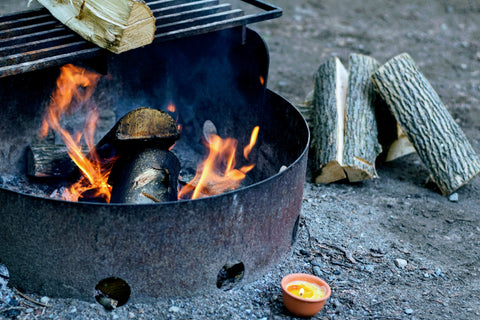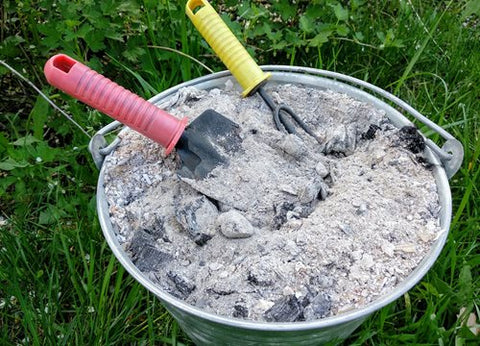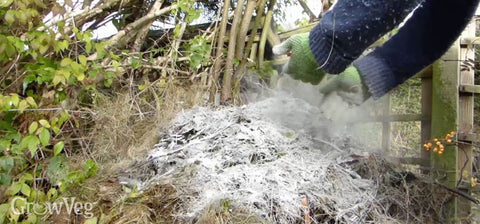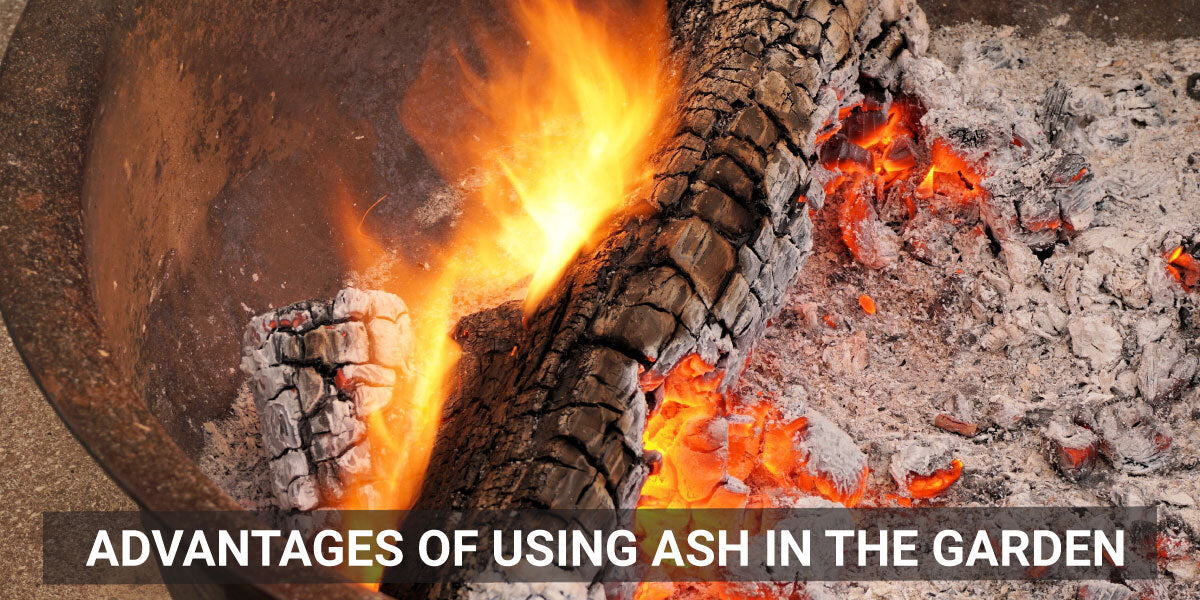How to Grow
Gardening with Ash: Sustainable Solutions for a Flourishing Garden
If you burn firewood in your home, do not throw ash.
Because you can use it in many ways in your home and even in your garden.
Wood ash is rich in potassium, phosphate, and contains traces of Cu, Fe, Mn.
That is very good for your plant’s growth and development.
Here I will let you know which kind of ash to use for your plants and to apply it for getting the best results.

Benefits of using ash in the garden:
- Wood ash can be used to increase soil pH.
- Wood ash supplies potassium, phosphate Copper, iron, Manganese to plants
- It increases the growth of plants by providing essential nutrients
- The addition of ash into the soil makes Ca, and Mg availability to the plants.
- Wood ash repels some of the insect pests, snails, and slugs. In a way ash protects your garden plants.
- Reduces soil acidity.

If your garden has acidic pH, the very easy and cost-effective method of increasing soil pH / making it neutral is by adding wood ash into it.
How to use ash for best results:
Ash can be used in two ways.
- Direct application of ash
- Composting of ash
1. Direct application of ash
In this method, you have to just sprinkle a handful of ash to the soil. Or put ash as a very thin layer of mulching. Avoid applying on the foliage of plants.

2. Composting of ash
In this method, we try to compost the ash instead of applying it directly. You can put wood ash into the compost bin along with other organic wastes. In composting usually pH becomes slightly acidic. Addition of ash to compost bin fix this problem. And ash releases some of the major nutrients for the plants. Either way, you can use ash in your garden. ( compost bin )

Beneficial plants for ash:
Plants that love alkaline soil pH, grow well by the addition of ash into the soil. Examples of such plants include,
- Onions
- Garlic
- Leek
- Spinach
- Kale
- Beet
- Mango
- Beans
- Lavender
- Lily of the valley
- Spindle
- Lilac
- Honeysuckle
- Ornamental clovers ( vegetables seeds )
These plants like slight alkaline conditions for their growth. If you grow these plants you can apply ash in a limited quantity.
Precautions to be taken before applying ash:
- Before the application of ash in your garden soil, check soil pH. If it is acidic then only you can go for the application of ash. Otherwise, it retards the availability of some nutrients to the plants.
- Not recommended to apply for acid-loving plants like rose, hibiscus, blueberry, strawberries, tomato, corn, carrots, radish, and sunflower. ( vegetable seeds ) Because the application of ash to these crops retards the growth of plants.
- Use wood that is not chemically treated or painted, otherwise, it may contaminate soil and hurt plants.
- Do not apply an excessive amount of ash for any plants that may hinder the growth of plants.
- If any ash present on leaves while applying, try to remove it by spraying water. Any organic matter can be used as a compost for your plants. But be selective with respect to plants for which you apply. Use wood ash with all the precautions as mentioned above and reap the benefits of plant food rich ash.
FAQs about the application of ash for plants:
1. Which plants like wood ash?
Usually, some plants acidic soil conditions or lower pH, and some other plants love alkaline conditions or higher soil pH to grow well and bear flowers and fruits. Plants like onion, garlic, leek, spinach, lavender, beans, mango, kale, lilac like alkaline conditions for growing. If you are growing these plants you can apply wood ash for them.
2. When should I add wood ash to my garden?
Wood ash is a rich source of potassium and phosphorous. These nutrients are very much beneficial for flowering and fruiting plants to increase the quality of flowers and fruits. When the soil pH is below 6.5 you can apply wood ash to increase the soil pH. But be aware of acid-loving plants. Because ash might reduce the growth of acid-loving plants. plants.
3. How much wood ash is good for the garden?
The quantity of wood ash varies with the type of soil and the crop or plants you have decided to grow. Generally, clay soils tolerate more wood ash compared to sandy soil. 7-9 kg of wood ash per 1000 square feet area is fine to apply.
4. Do roses like wood ash?
The Rose plant is an acid loving plant. It requires slightly acidic soil for its growth and for blooming. The application of ash to rose plants will reduce the availability of other nutrients. To reduce the production of flowering. To avoid the application of ash to rose plants.
5. Do tomato plants like wood ash?
For the production of better quality fruits, tomato plants require an ample amount of potassium. Do consider mixing ash with a good amount of organic matter and then apply it to your plants.





